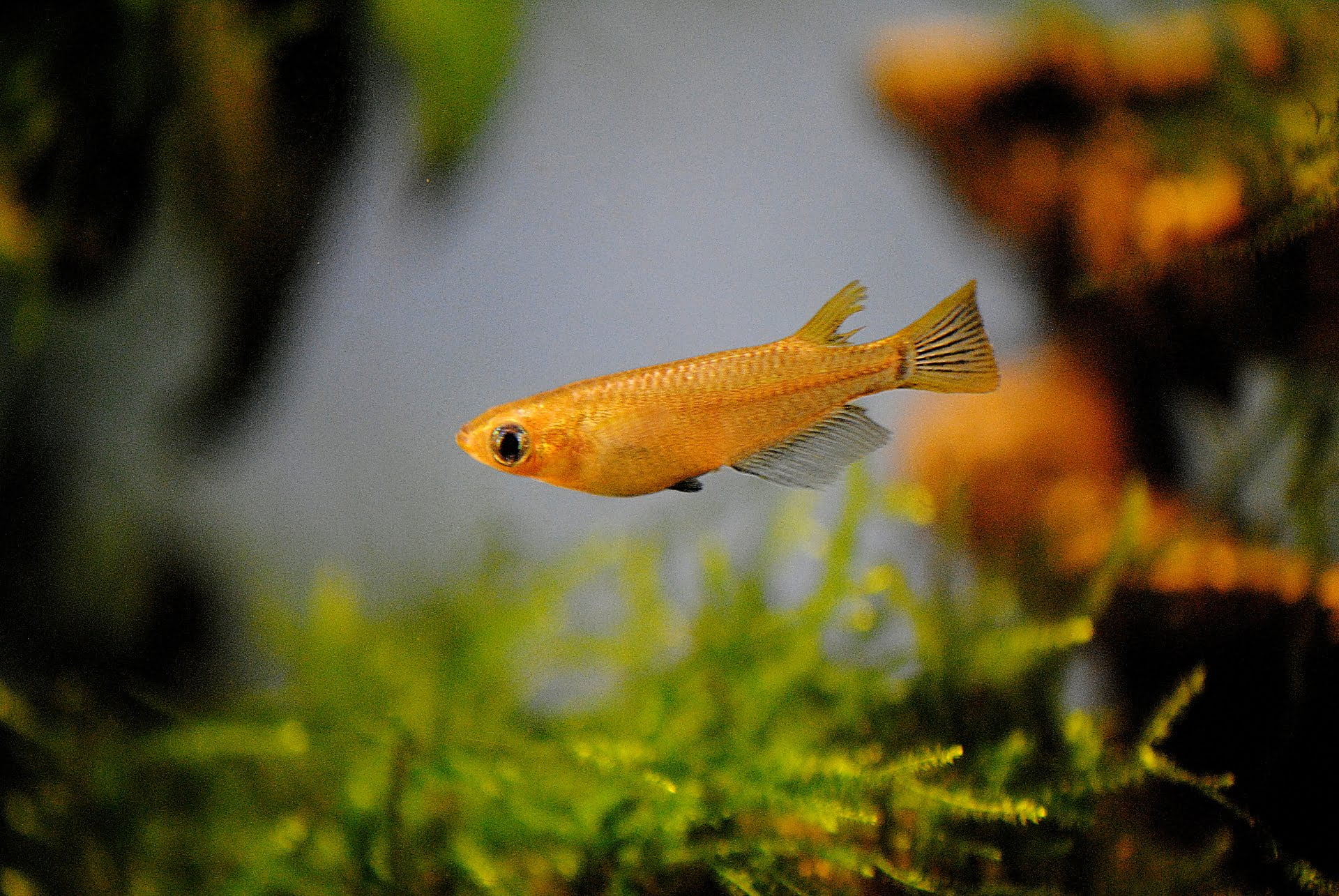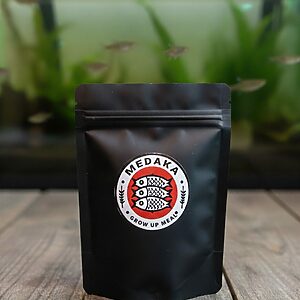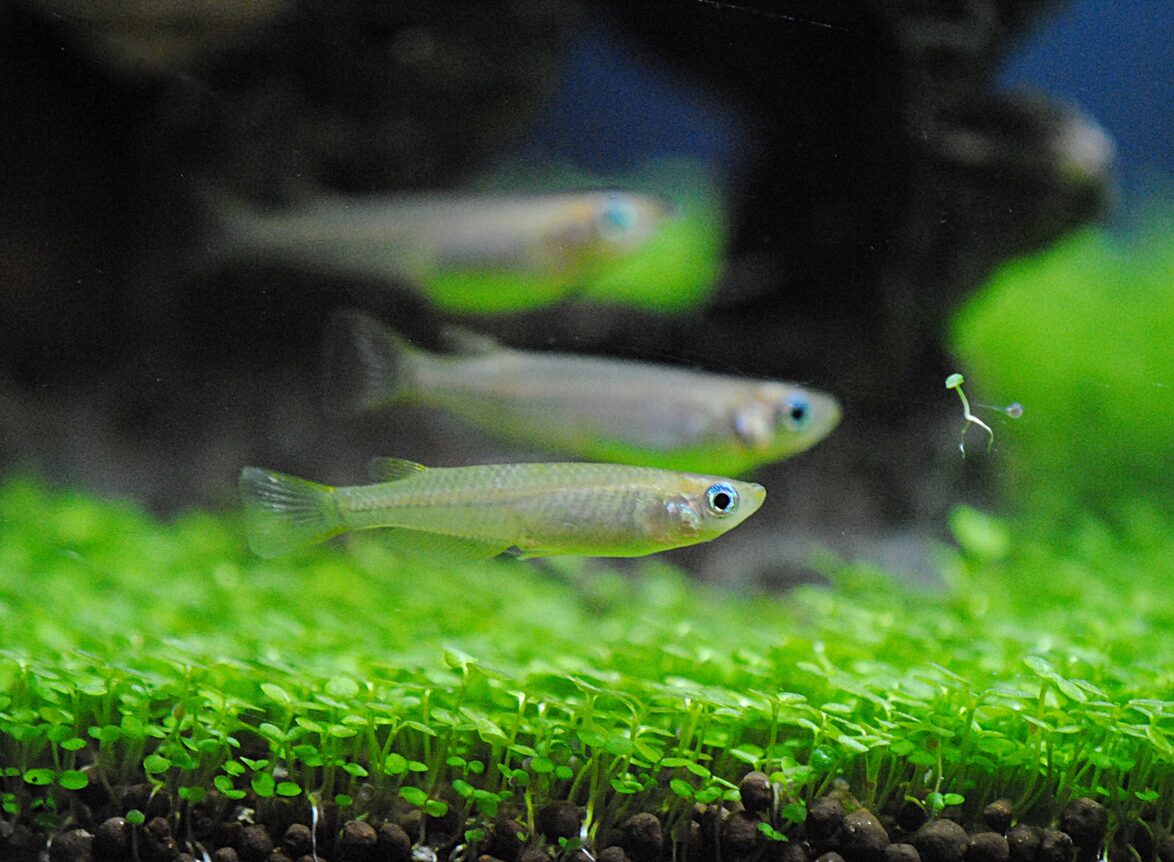
Health and Care of Medaka Rice Fish
Caring for your Medaka fish: tips and tricks
Medakas, also known as Japanese ricefish or Oryzias latipes, are small freshwater fish native to East Asia. They are popular among aquarium and pond enthusiasts for their vibrant colors and peaceful nature. This article provides a comprehensive guide to caring for them. medaka fish, including setting up the perfect tank, feeding the right food, maintaining water quality, understanding their behavior, treating common health problems, and choosing compatible tank mates.
Like any other pet, medaka fish require proper care and attention to ensure their health and well-being. It's important to regularly monitor their behavior and appearance for signs of illness or stress.
Common health problems in medaka fish include fungal infections, bacterial infections, parasites, and swim bladder disorders. To prevent these problems, it's important to keep the tank environment clean, provide a balanced diet, and avoid overcrowding.
Change the water regularly to remove accumulated waste or toxins. It's also important to monitor water parameters such as pH, ammonia, nitrite, and nitrate to ensure they're within the correct range.
If a medaka fish shows signs of illness, such as loss of appetite, lethargy, or abnormal behavior, it's important to take immediate action. Quarantine the affected fish in a separate tank and consult a veterinarian or experienced fish keeper for advice on treatment options.
Feeding Your Medaka Fish: Do's and Don'ts
Proper nutrition is crucial for the health and growth of your medaka fish. Medaka fish are omnivorous and eat a variety of foods. It's important to provide a balanced diet that includes both dry and live foods.
Dry foods such as flakes or pellets specifically formulated for small tropical fish are suitable for medaka. These foods should be high in protein and contain essential vitamins and minerals. Feed your medaka small amounts of dry food two to three times a day, and only give them what they can eat within a few minutes. Avoid overfeeding, as this can lead to obesity and poor water quality.
Besides dry food, medaka also enjoy live or frozen foods. These can include brine shrimp, daphnia, bloodworms, and mosquito larvae. Live food provides essential nutrients and helps stimulate natural feeding behavior. You can supplement their diet with live food once or twice a week.
It's important to know that medakas have small stomachs and can easily become overfed. Uneaten food can quickly decompose and contaminate the water, leading to poor water quality and potential health problems. Always remove any uneaten food after feeding to maintain water quality.
Water Quality and Maintenance for Healthy Medaka Fish
Maintaining good water quality is crucial for the health and well-being of your medaka fish. Medaka fish are sensitive to changes in water parameters, so it's important to regularly test and monitor the water quality in your aquarium.
The most important parameters to monitor are temperature, pH, and ammonia, nitrite, and nitrate levels. Medaka fish prefer a slightly acidic to neutral pH between 6.5 and 7.5. Ammonia and nitrite levels should be kept at zero, as these substances are toxic to fish. Nitrate levels should be kept below 20 ppm to prevent stress and health problems.
Regular water changes are essential for maintaining good water quality. It's recommended to change 10-20% of the water in your tank or pond every week. This helps remove accumulated waste or toxins and replenish essential minerals and nutrients.
In addition to regular water changes, it's important to clean the tank and equipment regularly. Use a gravel vacuum to remove all debris from the substrate. Clean the filter media according to the manufacturer's instructions for optimal performance.
Understanding Medaka Fish Behavior: What to Expect
Medaka are peaceful and sociable fish that can be kept in groups. They are generally not aggressive and can be housed with other small, peaceful fish. However, it is important to choose compatible tankmates to avoid aggression and stress.
Medaka fish are known for their unique breeding habits. They are oviparous, laying their eggs on plants or other surfaces in the aquarium. The male medaka fish courtes the female by displaying vibrant colors and performing a mating dance. Once laid, the eggs hatch within 10 days, and the fry should be separated from the adults to prevent predation.
Signs of stress or illness in medaka fish include inappetence, lethargy, abnormal swimming behavior, fin rot, or discoloration. If you notice any of these signs, it's important to investigate and address the underlying problem. Stress can be caused by poor water quality, incompatible tankmates, or improper care. If you suspect a health problem, consult a veterinarian specializing in fish care.
Common Health Problems and How to Treat Them
Like all other fish, medaka are susceptible to various health problems and diseases. The most common health problems in medaka are fin rot, ich (white spot disease), fungal infections, and bacterial infections.
Fin rot is characterized by damage to the fins, which may appear frayed or frayed. It is often caused by poor water quality or bacterial infections. To treat fin rot, improve the water quality by performing regular water changes and maintaining optimal water parameters. You can also use medications specifically designed to treat fin rot.
Ich is a parasitic infection that causes small white spots on the fish's body and fins. It is highly contagious and can quickly spread throughout the aquarium. To treat ich, raise the aquarium temperature to 30°F (86°C) for a few days to accelerate the parasite's life cycle. You can also use medications specifically designed to treat ich.
Fungal infections are characterized by white or grayish, cottony growths on the fish's body or fins. They are often caused by poor water quality or injuries. To treat fungal infections, you should improve the water quality by performing regular water changes and maintaining optimal water parameters. You can also use medications specifically designed to treat fungal infections.
Bacterial infections can manifest in various ways, such as red sores, ulcers, or swollen areas. They are often caused by poor water quality or injuries. To treat bacterial infections, you should improve the water quality by performing regular water changes and maintaining optimal water parameters. You can also use medications specifically designed to treat bacterial infections.
Health problems in medaka fish are best prevented by proper care and maintenance. By providing a clean and stable environment, feeding a balanced diet, and choosing compatible tankmates, you can minimize the risk of health problems and ensure the well-being of your medaka fish.
Tips for choosing suitable partners for your Medaka fish
When choosing tankmates for your medaka, it's important to consider their compatibility and behavior. Medakas are peaceful and can be housed with other small, peaceful fish that have similar water requirements.
Some suitable tankmates for medaka fish include small tetras, rasboras, guppies, and dwarf shrimp. These fish are similar to medaka in size and temperament and can coexist peacefully in the same tank.
It's important to avoid aggressive or incompatible species that could harass or harm your medaka. Avoid keeping medaka with larger or more aggressive species such as cichlids or larger predatory fish.
Maintaining a balanced aquarium ecosystem is important for the overall health and well-being of all its inhabitants. Ensure the aquarium is not overcrowded and provide sufficient hiding places and territories for each fish. Monitor the behavior of the tankmates regularly to ensure there is no aggression or stress.
Enjoying the Zen of Medaka Rice Fish
Proper care for medaka fish is essential for their health and well-being. By setting up the perfect tank, feeding them a balanced diet, maintaining water quality, understanding their behavior, treating common health problems, and choosing compatible tankmates, you can provide the best possible care for your medaka fish.
Keeping medaka can be a rewarding experience. They are beautiful and peaceful fish that can bring life and color to any aquarium. With proper care, you can enjoy their vibrant colors and observe their unique behavior.
Remember to always research and educate yourself about the specific needs of medaka fish before bringing them into your home. With proper care and attention, medaka fish can thrive and provide years of enjoyment for their owners.




Leave a Comment
Your email address will not be published. Required fields are marked *